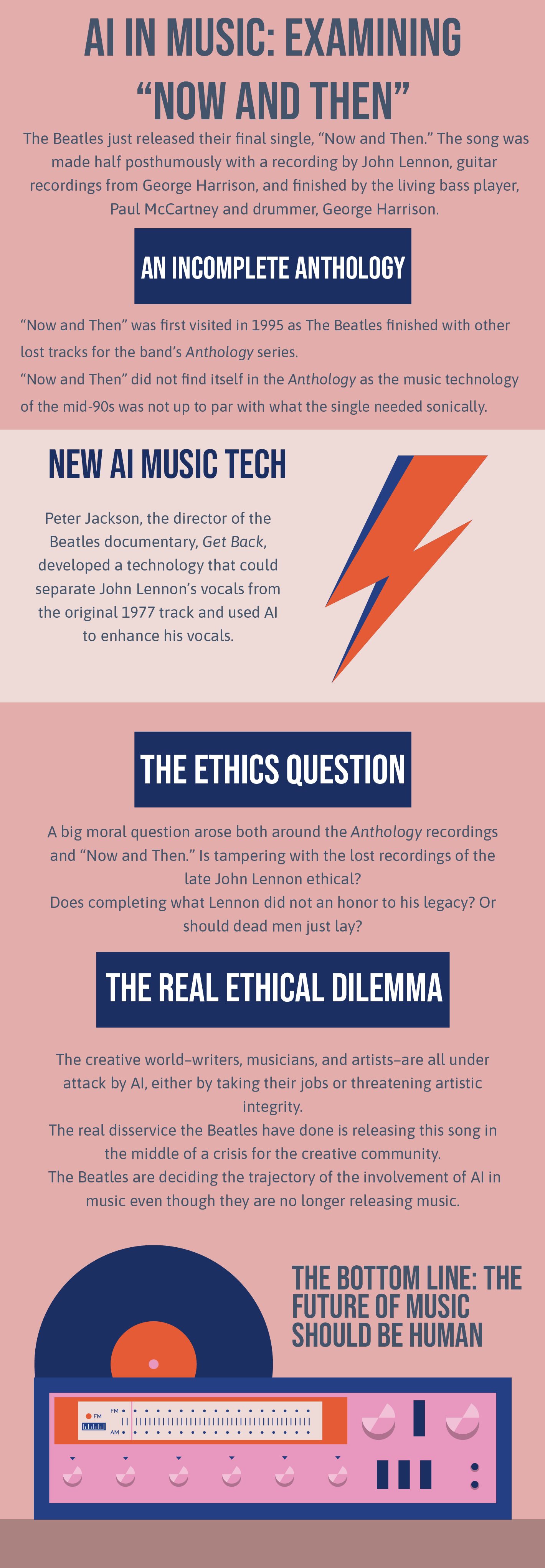Benefits of Digital Teaching Outweigh Costs

September 23, 2013
When it comes to college, students may find themselves cutting down to bare essentials in the interest of avoiding an empty bank account. Textbooks, even when bought used, can cause financial burden. Now that some classes are introducing online components that come with hefty price tags, students may be wondering as to how useful they truly are.
Online components come in many forms, though they all provide the same basic service: an extension of the class through the Internet. Homework assignments can be posted and completed online, saving students the hassle of pen and paper worksheets. Assignments are also turned in as soon as they are completed, so there’s no risk of leaving it behind come class time. For professors, they offer the ability to instantly grade assignments, see who has and hasn’t completed the work at a glance, and more easily gauge where the class as a whole is struggling.
Despite the costs, though, students currently attending classes using the online component do not complain, but do the exact opposite.
“I think it’s absolutely helpful, like definitely interactive with the way it works online,” said Hayden Ploeger, a freshman in Accelerated Intro to French, a class that uses an online component called iLrn. “Doing it online feels better than a book sometimes.”
Dr. Patrick Kiley is the professor of Ploeger’s French class. “For professors, it provides an abundance of exercises, quizzes and supplementary material to more easily–and quickly–assess the student’s daily homework and whether or not the student has a basic understanding of the material for the day’s lesson,” he said about online components. He stated he preferred a “’hybrid style’ of teaching” that combined the iLrn software and in the class teaching, since, as he said, “Nothing could ever really replace the book–or the teacher– in the actual classroom.”
Fellow professor Dr. Craig Powell echoed Dr. Kiley’s thoughts. Dr. Powell uses software called MasteringChemistry, which in many ways is very similar to iLrn. “Over the years, I’ve progressed from pencil/paper homework, to online quizzes, and now to an online homework site. I see the main benefit of an online homework site is one of immediate feedback: they submit an answer and they are instantly informed if they have a correct result,” he said.
“No online homework site can replace the one-to-one interaction that is only possible when a student comes to me outside of class and asks for help with a problem. Which is a good thing; because, those opportunities for individual instruction are the best part of teaching at PC,” he added.
Despite this, the added expense cannot be ignored. For 18 months of access, iLrn costs a hefty $124, while MasteringChemistry costs $66. For most textbooks, a new edition comes with the access to the software. When students buy used textbooks to save money, though, they may find themselves facing an addition charge for the online component that ultimately cost them more than if they had simply bought the book new.
Freshman Lucas Pressly is currently taking a class that requires MasteringChemistry. When asked if professors should inform students ahead of time if an online component is nessecary, he said yes, “because that adds to the cost so they [students] can plan properly.”
Online components to physical classes can be vital tools for professors and excellent aids to students. Unlike purchasing new editions of textbooks, which are seen by many as ridiculous and not worth the money, online components have already proven themselves worth the price, so long as the students know about them before purchasing their textbooks.





